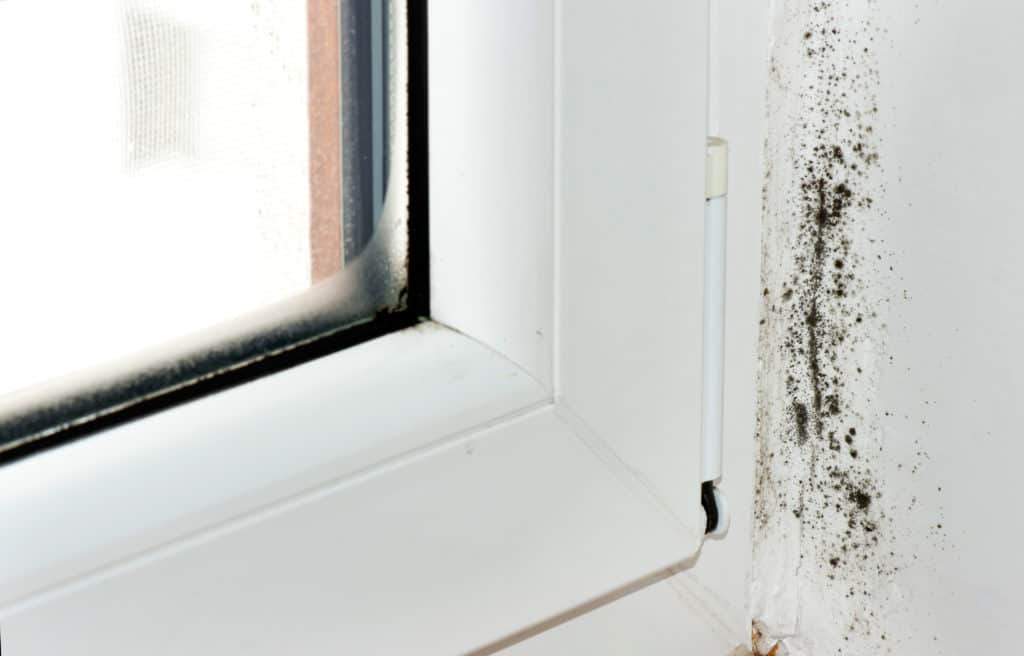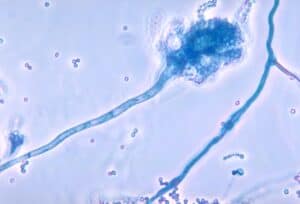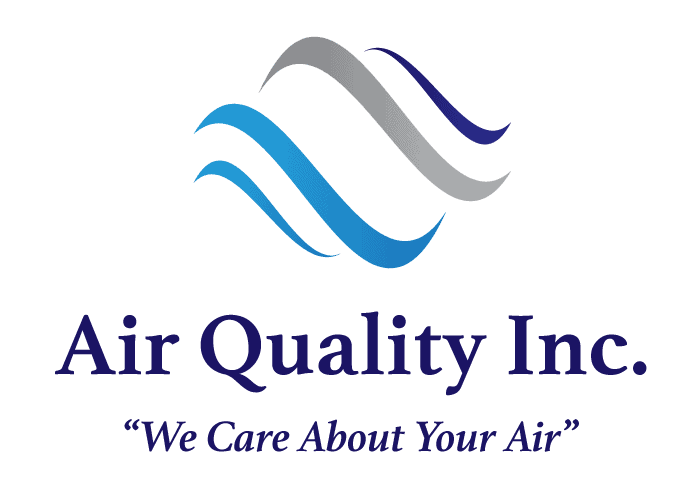It’s sometimes known as the “silent killer” because it can sneak up on you, damage your health, and ruin your home before you even notice it’s there.
It’s never a good thing to discover black mold lurking somewhere in your home. Its discovery can only lead to a wide range of adverse effects. While it can be expensive to remove, the costs to the health and welfare of those closest to you can be far more damaging.
Therefore, it pays to know black mold symptoms so you can catch the signs long before they can cause any harm to either your health or the health of those who live with you.
Where it Resides
Black mold generally feeds on common materials in your home. It loves to live in your:
- Drywall
- Insulation
- Sub-flooring
- Carpet
It usually appears after having been exposed to moisture. These areas are often away from sunlight, and therefore the moisture can easily get trapped inside, inviting mold to make a home there.
As the mold feeds on these substances, it releases harmful spores into the air. If you inhale or ingest these spores, you can be subject to all sorts of health issues.
Early Warning Signs
Some of the first signs of black mold symptoms:
- Respiratory difficulties
- Chronic coughing
- Sneezing
- Discomfort in the eyes, nose, or throat
For those who are more sensitive, you might experience:
- Persistent headaches
- Chronic fatigue
- Unexplainable rashes
With extended exposure, these symptoms can become progressively worse. It’s not uncommon for people to experience nausea or even vomiting. In more extreme cases, it can result in bleeding of the respiratory tract, including the lungs and nose area.
Mycotoxins
Some types of black mold produce mycotoxins, which develop on food sources. These can be more of a threat as the mold is ingested, so it can severely compromise your health.
Mycotoxins are compounds that are naturally found outdoors. But when confined to an enclosed area where food is stored, it can spread quickly. When the food supply is compromised, the spores could cause damage to the immune system and kidney infections.
Minimize Exposure to Black Mold
There are many things you can do to minimize exposure to black mold spores, but the wisest protection method is avoidance. By managing to keep moisture away from areas that are likely to attract mold and keeping a close eye on how your food is stored, you can keep the threat of mold at bay.
However, if you find that mold has found its way into your home, the next step is to find qualified experts to remove it safely and expediently.
If you suspect that you have been exposed to black mold, it would be wise to have an expert come in and test for it. With their guidance, you can begin to recover and rid yourself of this hazard once and for all. However, the ability to recognize black mold symptoms is the first step in protecting you and those you love.




